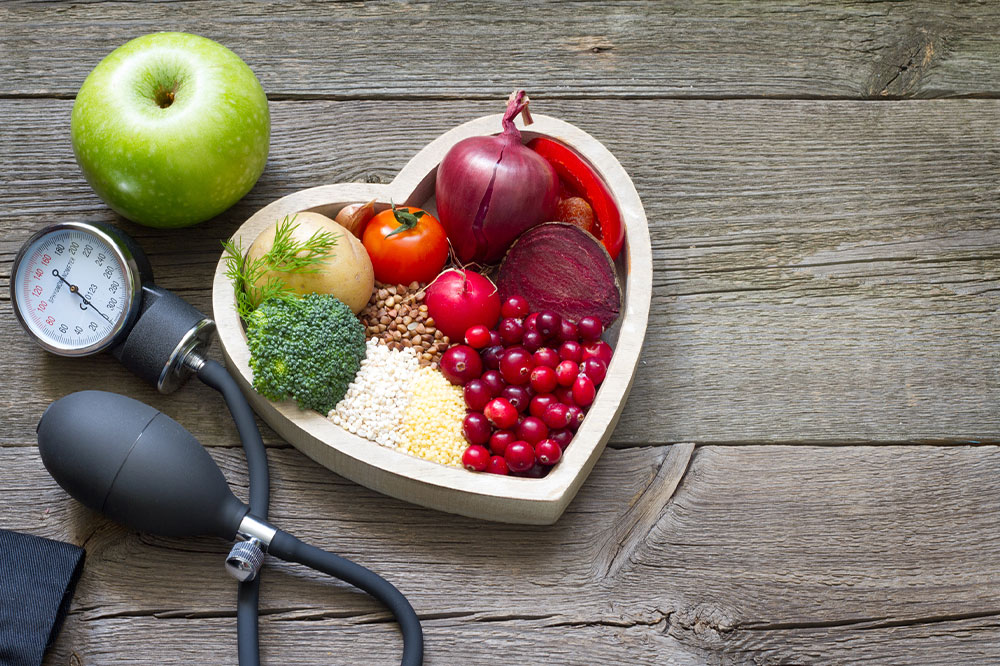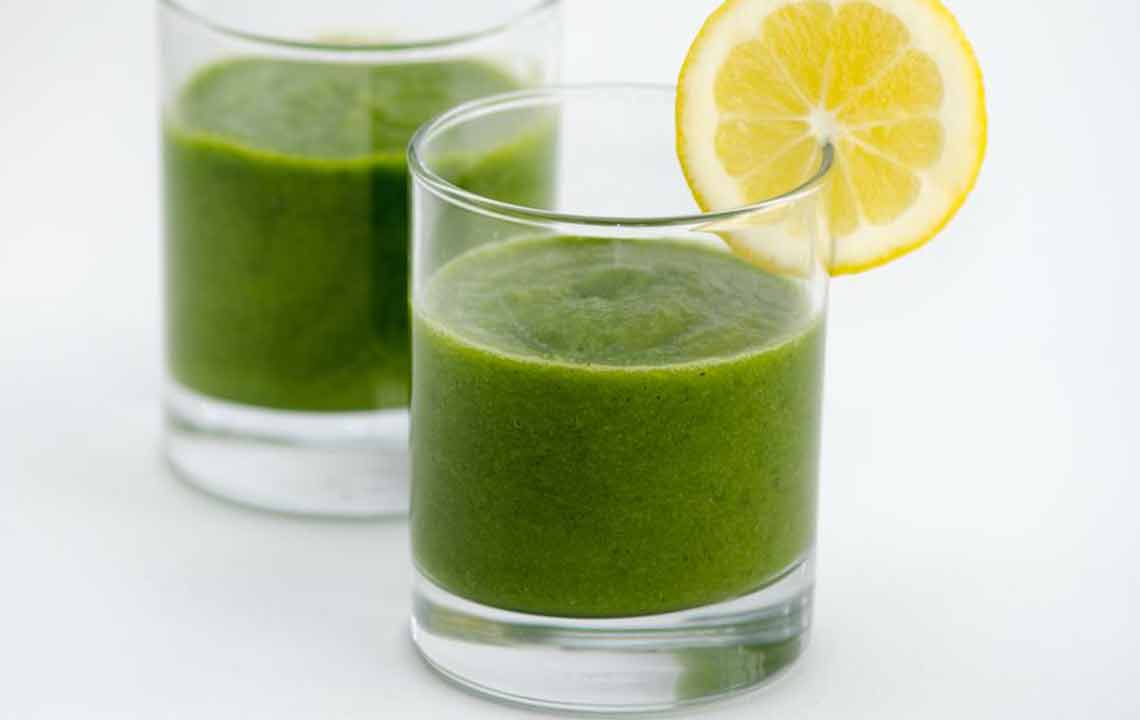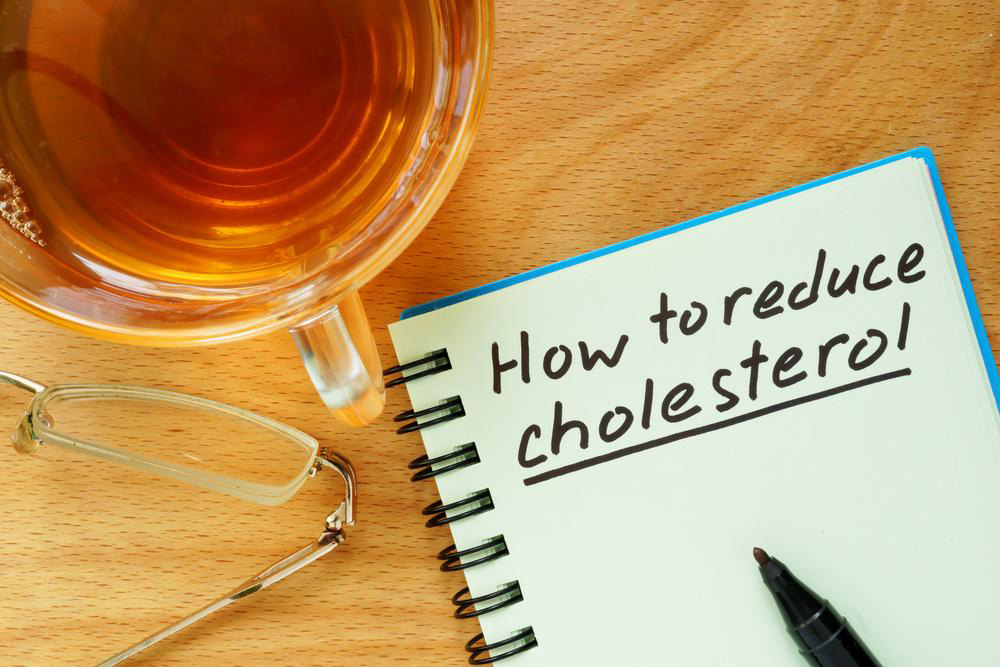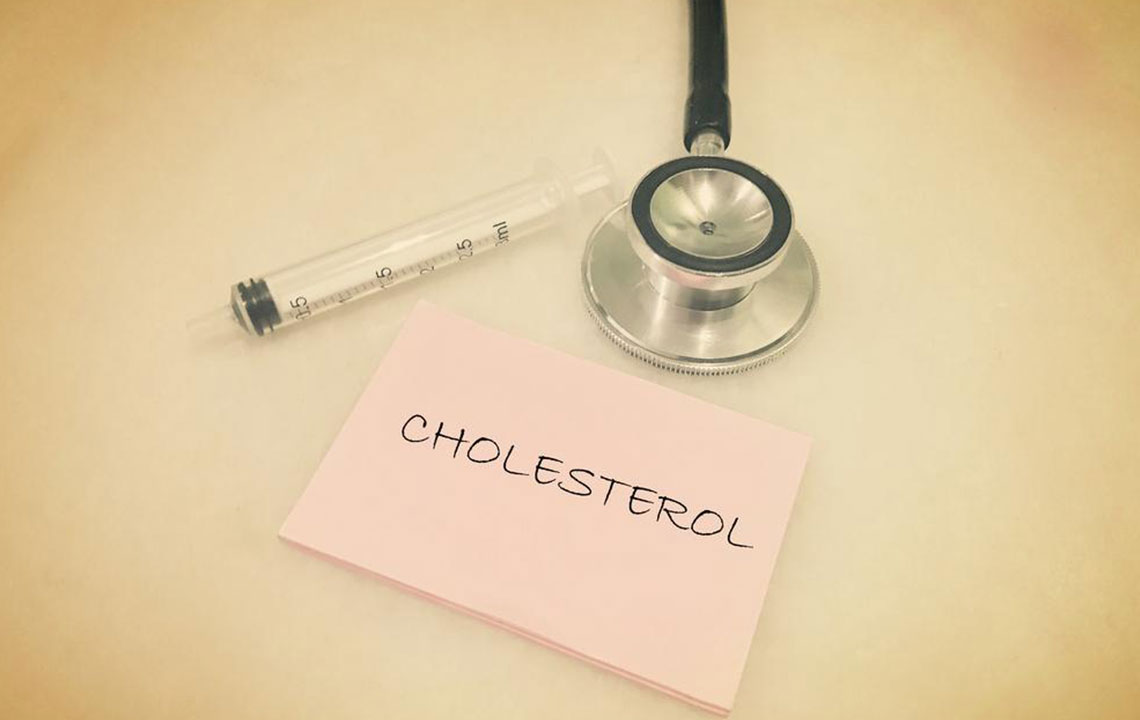Effective Strategies to Lower Cholesterol Naturally
Discover natural strategies to lower cholesterol effectively, including dietary changes, increased physical activity, and lifestyle habits. These practical tips can reduce heart disease risk and improve overall cardiovascular health, whether or not you're on medication. Implementing small, consistent modifications can lead to significant health benefits over time. Consult your healthcare provider to tailor these approaches to your individual needs for optimal results.
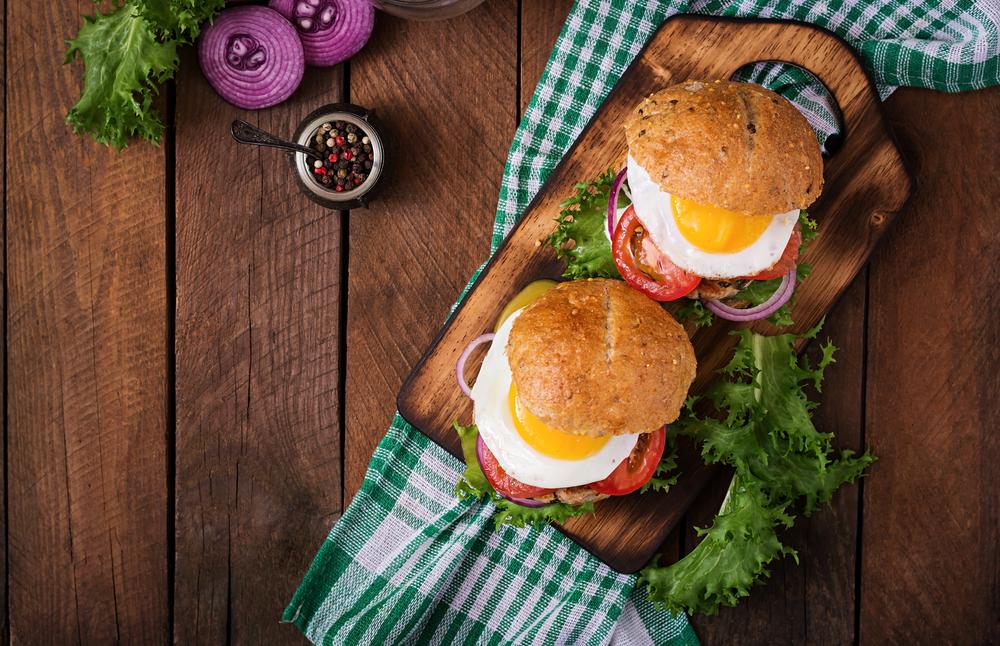
Natural Approaches to Lower Cholesterol
Elevated cholesterol levels increase the risk of cardiovascular diseases and heart attacks. While medications can help, lifestyle modifications are essential for optimal health. Implementing these five healthy habits can significantly improve your cholesterol profile.
If you're already on cholesterol-lowering drugs, these tips can enhance their effectiveness.
1. Improve Your Diet for Heart Health
Making mindful changes to your eating habits can reduce cholesterol and protect your heart:
Cut back on saturated fats. These fats, mainly found in red meats and full-fat dairy, elevate total cholesterol and LDL levels.
Avoid trans fats.
Trans fats, often labeled as 'partially hydrogenated oils,' are present in margarine, baked goods, and processed snacks. They increase overall cholesterol. The FDA has prohibited their use as of January 1, 2021.
Incorporate omega-3-rich foods. These fats don't lower LDL but benefit heart health by reducing blood pressure. Sources include salmon, mackerel, walnuts, and flaxseeds.
Boost soluble fiber intake. Soluble fiber helps reduce cholesterol absorption. Foods include oats, beans, Brussels sprouts, apples, and pears.
Add whey protein to your diet. Present in dairy, whey protein can lower LDL cholesterol, total cholesterol, and blood pressure based on studies.
2. Engage in Regular Exercise
Physical activity enhances cholesterol profiles by increasing HDL, the 'good' cholesterol. Aim for at least 30 minutes of moderate activity on most days or vigorous workouts for 20 minutes thrice weekly, with your doctor’s approval.
Small daily activities add up:
Walking briskly during lunch
Biking to work
Playing sports
Find an exercise partner or join a group to stay motivated.
3. Quit Smoking for Better Heart Health
Quitting smoking raises HDL levels and reduces heart disease risk quickly:
Within 20 minutes, blood pressure and heart rate normalize
Within three months, circulation and lung function improve
One year after quitting, heart disease risk halves
4. Maintain a Healthy Weight
Extra pounds contribute to high cholesterol. Small lifestyle tweaks make a difference: switch sugary drinks to water, choose low-calorie snacks, and satisfy sweet cravings with healthier options like yogurt or candies with minimal fat.
Increase daily activity through taking stairs, walking during breaks, or engaging in garden chores to burn calories and improve lipid levels.
5. Consume Alcohol Moderately
Limited alcohol intake can modestly raise HDL cholesterol but isn’t recommended solely for this benefit. For adults, moderate drinking means up to one drink daily for women and those over 65, and up to two for younger men.
Excessive alcohol consumption poses serious health risks including high blood pressure, heart failure, and strokes.
Note:
Our blog offers a wide range of helpful information but shouldn’t replace medical advice. Always consult healthcare professionals for personalized recommendations. We strive to provide accurate insights, though data discrepancies may occur across sources. Additionally, some offers or schemes might not be covered here.

